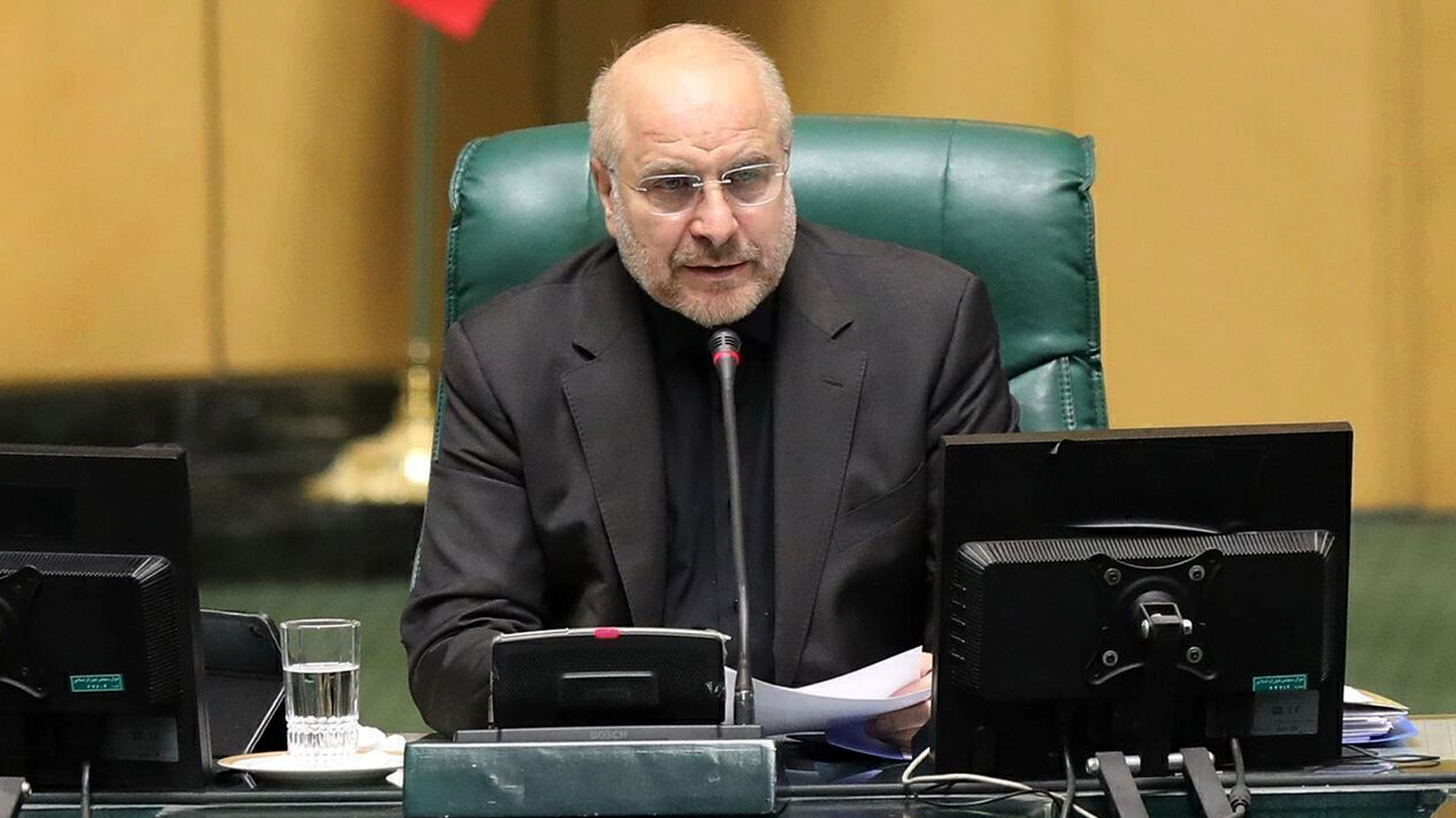Iran's Parliament Speaker Rejects US Demand for Talks, Stresses Self-Reliance in Defeating Sanctions
"It has already been proven to the dignified Iranian nation that the sanctions can only be neutralized through further strengthening Iran," Qalibaf said at the opening of a Parliament session.

ERBIL (Kurdistan24) – Iran’s Parliament Speaker, Mohammad-Baqer Qalibaf, stated on Sunday that the Islamic Republic would not wait for any letter from the United States to address the existing sanctions, emphasizing that Tehran’s strategy for neutralizing the sanctions lies in strengthening the nation internally and bolstering foreign relations.
His comments came two days after U.S. President Donald Trump claimed he had sent a letter to Iran’s Supreme Leader, Ayatollah Seyyed Ali Khamenei, requesting the reopening of negotiations.
According to the state-owned Islamic Republic News Agency (IRNA), Qalibaf rejected the notion that negotiations with Washington, under the shadow of threats and the imposition of new conditions, would result in the lifting of sanctions.
"It has already been proven to the dignified Iranian nation that the sanctions can only be neutralized through further strengthening Iran," Qalibaf said at the opening of a Parliament session. "No negotiation will lift the sanctions when accompanied by threats and an agenda for imposing new concessions."
The U.S. president’s call for renewed talks with Tehran follows a month after Trump reinstated his campaign of "maximum pressure" against Iran, a policy aimed at crippling Iran’s economy by severely limiting its oil exports. Trump had originally launched this tough campaign during his first term in office, culminating in the U.S. withdrawal from the Joint Comprehensive Plan of Action (JCPOA) in 2018.
Qalibaf emphasized that Iran's approach does not hinge on receiving letters from the U.S. but rather on leveraging its internal strengths and building relationships with other countries, particularly those still committed to the 2015 nuclear agreement. "We do not wait for any letter from the U.S., and we believe that by using internal capacities and opportunities for developing foreign relations, we can achieve a position that the enemy has no choice but to lift the sanctions within the framework of negotiations with the remaining parties to the JCPOA," he added.
In a similar vein, Iran's Supreme Leader Ayatollah Khamenei also weighed in on the issue, asserting that calls for negotiations from "bullying" powers were not aimed at resolving issues but rather intended to impose their will on Iran.
Foreign Minister Abbas Araqchi also weighed in, confirming that as of Saturday, Iran had not yet received any letter from the United States. His statement echoed Qalibaf's sentiment that Tehran would not engage in negotiations under duress, pointing to what officials perceive as Washington's deceitful attempts to weaken Iran’s standing.
While Iranian officials dismiss Washington’s approach as coercive, the United States suggests that its pressure campaign is necessary to curb Tehran’s nuclear ambitions and regional influence.
U.S. officials maintain that the JCPOA’s original framework failed to address Iran’s ballistic missile program and support for armed groups across the Middle East, which they see as destabilizing the region.
By leveraging economic sanctions, Washington aims to bring Iran back to the negotiating table under terms that include stronger safeguards against nuclear development and a broader agreement that addresses regional security concerns. Advocates of this strategy believe that sustained pressure could eventually lead to a diplomatic breakthrough, ensuring long-term stability in the region.